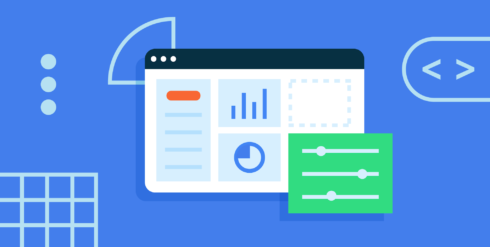
The Google Play metrics help users understand an app’s performance across growth and acquisition, engagement and monetization, quality and churn.
Now, users can customize and pin the precise metrics that matter to their business in a personalized KPIs section at the top of their app dashboard.
Users can also include up to 20 KPIs in their dashboard and pin any other dashboard card to their KPIs and add any reports they’ve saved from the Statistics page.
Additional details on the new capability are available here.
Apollo Federation updates
Apollo GraphQL announced new features and enhancements to the Apollo Federation to empower engineering teams and companies at large to deliver higher-quality software, more efficiently and faster than ever before.
The recent advancement adds new capabilities that help customers scale the data graph across many teams to balance developer independence with strong governance and operational control.
This includes integrated Federation tools in Apollo Studio, Apollo Workbench as a VS Code plugin that helps developers collaborate on schema design in a federated graph, Rover CLI for testing schema changes.
Django 3.2 released
Django 3.2 is designated as an LTS release meaning that security and data loss fixes will be applied for at least the next three years.
It will also receive fixes for crashing bugs, major functionality bugs in newly-introduced features and regressions from older versions of Django for the next eight months until December 2021, according to the developers behind the project.
New highlights for the release include automatic AppConfig discovery, which simplifies the configuration of pluggable applications, the customization of auto-created primary keys and functional indexes, which can now be created on expressions and database functions.
The Deno Company launched
Deno aims to provide a modern, productive programming system that adheres to browser APIs with a set of technologies that can be repurposed to a variety of needs.
Users can create custom runtimes for different applications such as Electron-style GUIs, Cloudflare Worker-style Serverless Functions, embedded scripting for databases and more.
Deno will remain MIT-licensed and will remain permissively free. The Deno Company aims to build on the open source project, not attempt to monetize it directly, according to Ryan Dahl and Bert Belder, the creators of Deno.






